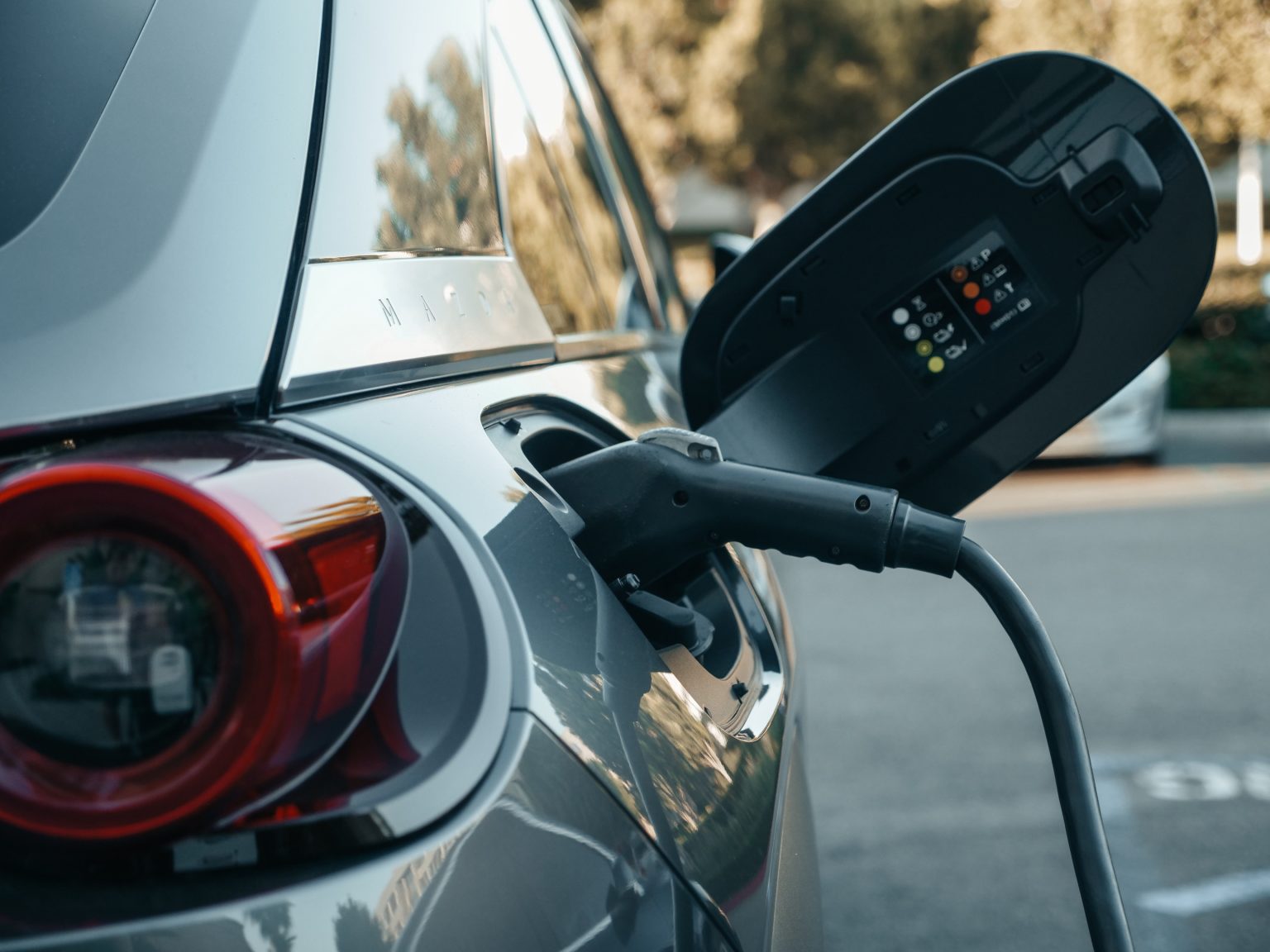This fall it seemed like everyone was complaining about high gasoline prices. The flip side of this problem is that the rise in electric vehicles will crash oil prices for the same reason that oil prices were so this fall. Oil supply is inelastic. It’s very difficult for oil companies to quickly increase or decrease their production. So when people use more gasoline it can quickly drive up the price of oil. However, the reverse is also true. When people start using less gasoline oil prices will drop. That leads to an optimistic prediction. As electric vehicles become increasingly popular, gasoline consumption will decline and prices will drop saving consumers and business billions of dollars.
A working paper from the Federal Reserve Bank of Dallas argues that the, “one-month oil supply elasticity is close to zero,” meaning that oil companies won’t increase or decrease production in less than a month based on changes in oil prices. That’s the academic explanation, but the practical explanations better illustrate the concept. Below are two quotes from oil production experts as they received questions about stopping oil supply in Spring 2020:
“Capping a(n oil) well is not like putting the cap back on the ketchup bottle.” – Kent Smetters (Professor of Business Economics and Public Policy and Faculty Director of the Penn Wharton Budget Model.)
“While it can cost millions of dollars to drill a new oil well — tens of million for offshore wells — it doesn’t cost much to keep an existing well running. That’s one reason so many companies were slow to respond to the virus outbreak, If you can clear your operating cost and continue to produce profitably, that’s the analysis that producers go through.” – Mark Berg (Vice President at Pioneer Natural Resources)
And starting production isn’t much easier. Here’s a quote from Art Berman a petroleum geologist who writes about the oil industry:
“It takes several months between an upward price signal and a signed contract for a drilling rig. It takes another 9-12 months from starting a well to first production for tight oil wells.”
There are plenty of examples of oil prices changing dramatically based on increases or decreases in oil demand. Let’s take spring 2020 and fall 2021 as two recent examples using data from the Energy Information Administration.
In 2020, as the COVID-19 pandemic hit global oil consumption dropped from around 96 million barrels a day in Q1 to around 85 million barrels per day in Q2. That drop predictably crashed prices. West Texas Intermediate – a type of oil commonly used to measure prices – dropped from $45 per barrel to $28 in Spring 2020.
In fall 2021, the opposite is happening. As the economy is reopening oil consumption went from 96.69 million barrels a day in Q2 to 98.59 in Q3 and appears to be just over 100 million barrels per day in the 4th quarter. The increase in oil consumption is under 5%, but since it’s so difficult to increase production, it has a dramatic impact on the price. West Texas Intermediate rose from an average of $66 per barrel in Q2 2021 to $80 in Q4.
The same phenomenon is likely to happen as electric vehicles become more popular. In 2020, electric vehicles were only about 2% of sales in the US. That is changing fast. Automobile manufacturers from Ford to Volvo arepouring money into building and marketing new electric models. The F-150 Lightning has 130,000 reservations! The Biden Administration has set a goal of making half of new car sales electric by 2030 .
Once enough drivers switch from conventional vehicles to electric, it will crash the price of oil. Our analysis estimates that we need oil demand to drop by 5% to crash prices. That’s the equivalent of between 100 million and 150 million American drivers switching from ICE to electric . That may seem like a lot, but consider that nearly 90% of new vehicles in Norway are electric.
The moral of this story is clear. If we want cheap gasoline, we need to get as many people into EVs as fast as possible.



